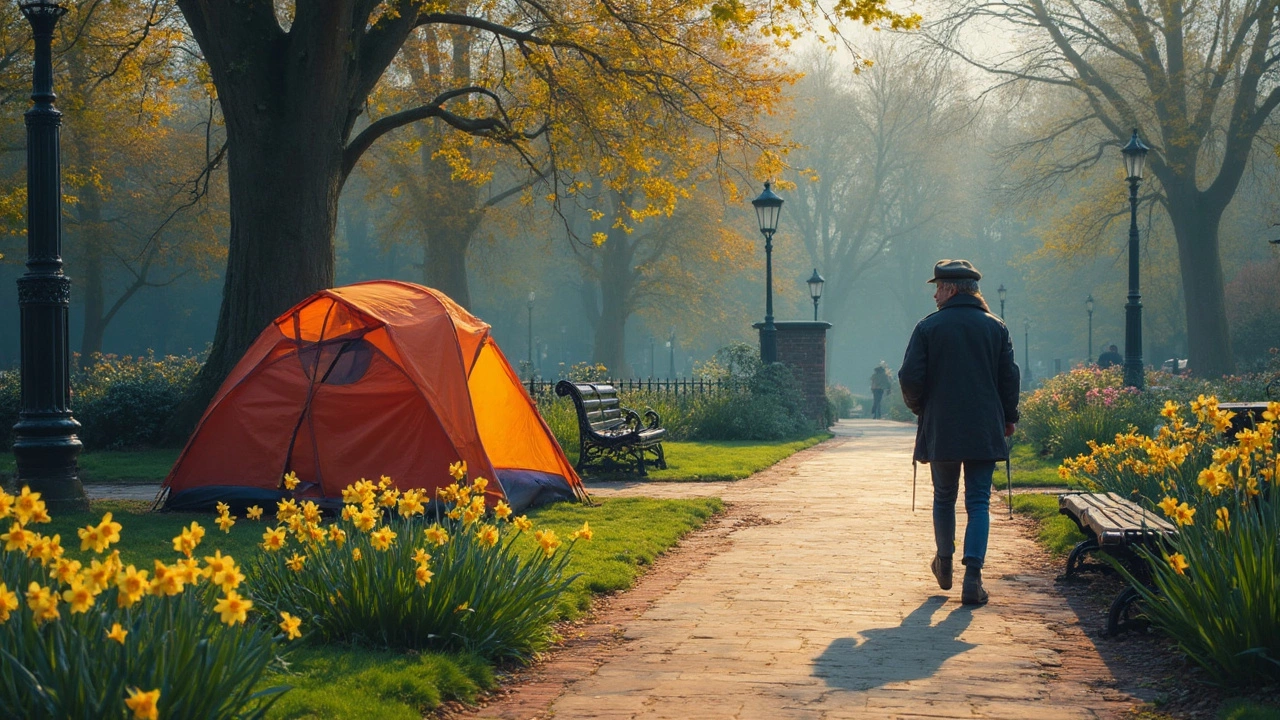
Can You Legally Camp in UK Public Parks? Rules, Risks, and Tips
Curious about putting up a tent in a UK public park? This guide uncovers the laws, risks, and real tips for wild camping in Britain.
Read MoreThinking about sleeping under the stars in England, Scotland or Wales? Wild camping sounds perfect, but you need to know the rules first. Getting caught breaking a law can ruin a great trip and cost you a fine. This guide breaks down the legal basics, practical dos and don’ts, and the best spots to stay within the law.
In Scotland, the Land Reform (Scotland) Act 2003 gives you the right to camp on most uncultivated land, as long as you follow the Scottish Outdoor Access Code. That means you can pitch on hills, forests and moors, but you must leave no trace, respect land owners, and move on after a night.
England and Wales are stricter. There is no blanket right to camp on private land, so you need permission from the landowner. Some local authorities have designated wild camping spots, often in national parks or Areas of Outstanding Natural Beauty (AONB). Look for signs, check council websites, or use a reputable map that marks legal sites.
Public footpaths and bridleways are not places to set up a tent. The law treats those as travel routes only, not places to stay. If you’re unsure, ask a farmer, a ranger, or a local shop – a quick chat can save you a lot of trouble.
Always camp discreetly. Choose a spot out of sight from houses or roads, and keep your tent low. Stick to a one‑night stay unless you have explicit permission for longer. Pack out everything you bring in, especially food scraps, to avoid attracting wildlife or causing litter.
Fire rules are tight. In most of England and Wales, open fires are banned in many areas, especially during droughts. Use a lightweight stove instead, and make sure it’s fully extinguished before you leave. In Scotland, a small fire is allowed if it’s safe, but you still need to clear a fire‑safe area and put out the embers completely.
Respect wildlife. Don’t feed animals, and store food in airtight containers. This keeps bears, foxes or badgers from getting used to human food, which can be dangerous for both parties. If you’re camping near a protected site, follow any seasonal restrictions – some areas close during breeding season.
Finally, be prepared for the weather. The UK can change fast, so bring waterproof gear, warm layers and a good sleeping bag. A simple checklist – tent, stove, waterproofs, map, permission note – helps you stay organized and reduces the chance of an emergency.
Wild camping lets you explore the countryside at your own pace, but it works best when you follow the rules and leave nature as you found it. With these basics in mind, you’ll enjoy a hassle‑free night under the stars and keep the freedom of wild camping alive for everyone.

Curious about putting up a tent in a UK public park? This guide uncovers the laws, risks, and real tips for wild camping in Britain.
Read More